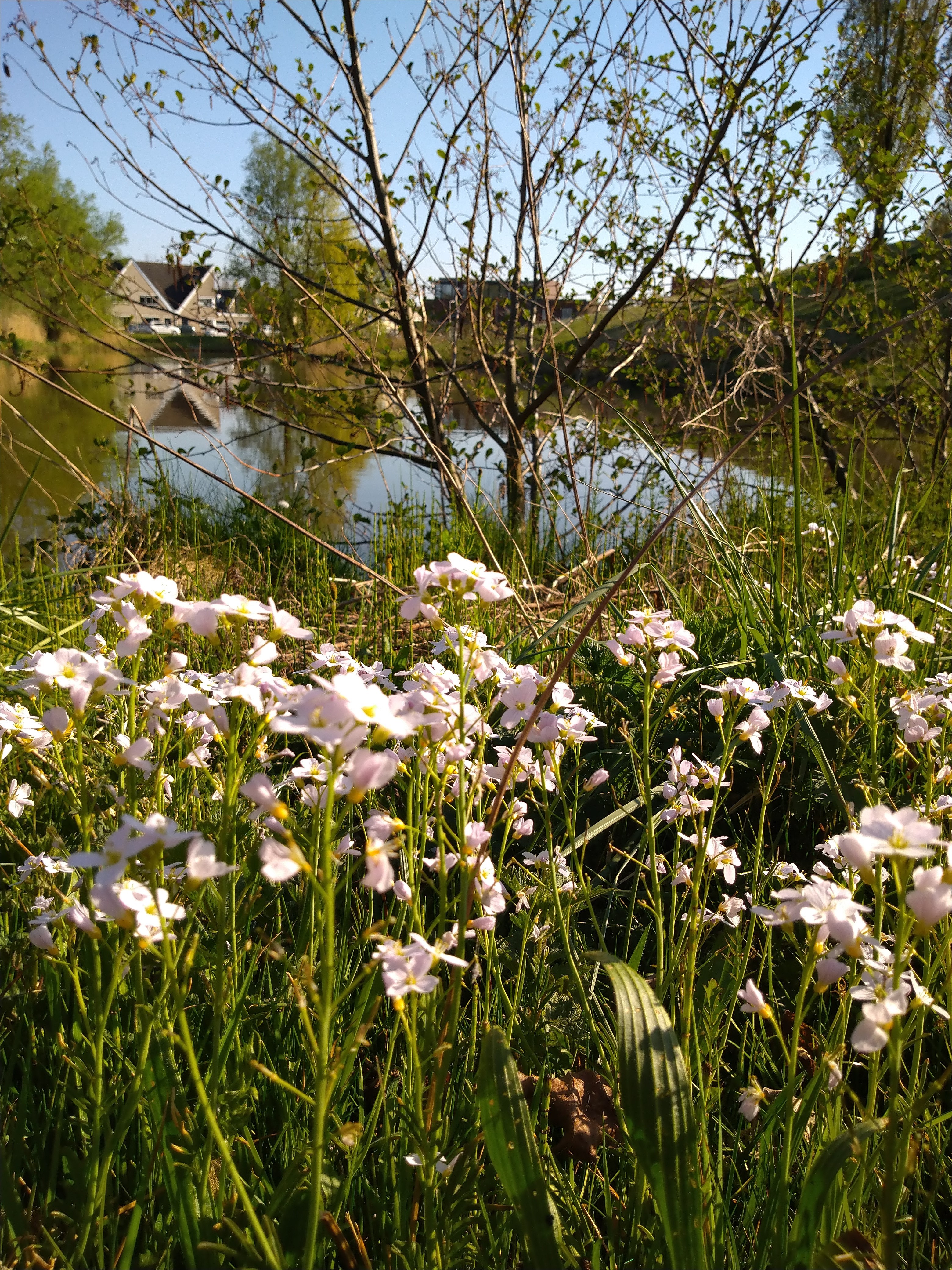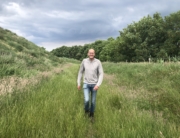In the article “Dose of nature at home could help mental health, well-being during COVID-19” in UW NEWS, Michelle Ma argues that a daily dose of nature at home could help our mental health well-being during the Corona-crisis.
Experiences with nature can slow the mind’s natural process of rumination, in which we fret about the past and worry about the future in potentially destructive ways, explained psychologist Peter Kahn, a UW professor of psychology and of environmental and forest sciences.
“In these times, I think our minds can be a little out of control. Part of the effect of nature is that it can soften negative conditioned mental patterns,” Kahn explained. “If you can find nature, engage with it and get your heart rate down, then your mind begins to settle. When your mind isn’t ruminating, it can then open to a wider world, where there’s great beauty and healing.”
In the article Kathleen Wolf, a UW research social scientist in the School of Environmental and Forest Sciences says: “Studies have proven that even the smallest bit of nature — a single tree, a small patch of flowers, a house plant — can generate health benefits”. “Look closely in your neighborhood, and the bit of nature you may have taken for granted up until now may become the focus of your attention and help you feel better.”
Wolf states that it is important to be mindful, commit to the activity and think about your observations while looking at these elements of nature.
In the article Pooja Tandon, a pediatrician at Seattle Children’s Hospital and associate professor of pediatrics at UW School of Medicine, encourages healthy people who can practice social distancing to aim for about 60 minutes of physical activity each day for children and 30 minutes each day for adults.
The Nature and Health program at the University of Washington (UW) is keeping a running list of ways to engage with nature, including everything from responsible outdoor activities to “zoo cams” and virtual national park tours.
For more information, click here








Reageer
You must be logged in to post a comment.